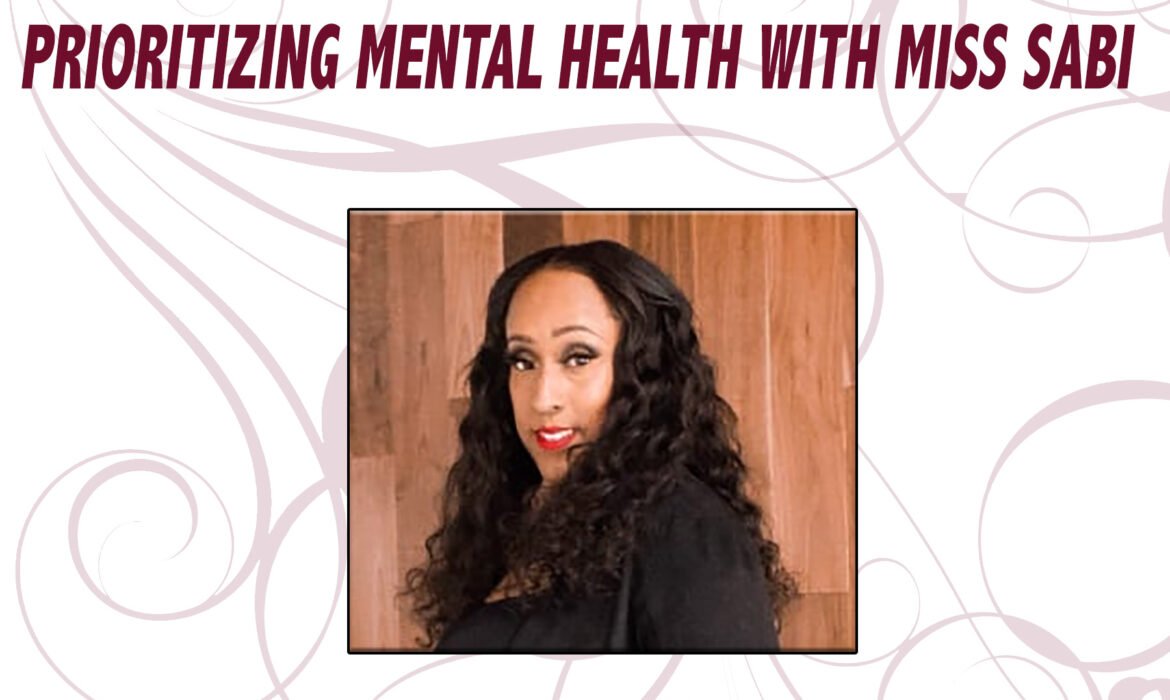One of the courses I currently teach is Grade 9 Science & Technology, which includes a unit on the Digestive System. The main resource we use is the Observatory Textbook, printed in 2009. In my opinion, it’s outdated—especially considering how quickly science evolves. For example, shortly after this textbook was published, the conversation around gut health began to gain traction. Personally, I take a probiotic/prebiotic supplement, and when I skip it, I feel “off”—irritated and grumpy. So, when we began our unit on digestion, I decided to go beyond the textbook. On social media, people kept mentioning the Netflix documentary Hack Your Health: The Secrets of Your Gut, so I watched it to evaluate whether it was appropriate for my class. It was interesting and informative, but I couldn’t help but wonder who sponsored it—it felt like certain food choices were being subtly promoted. Before showing the documentary, I explained to my students that just because something is called a “documentary,” doesn’t mean everything in it is factual. Their assignment was to extract five “facts” from the film and verify their accuracy through their own research. The students were amazed to learn how food can affect their mental health. The documentary served as a springboard for a deeper exploration, and I’m excited to share what we uncovered about gut health.
So, what is your gut? It refers to the gastrointestinal (GI) tract, a system of organs responsible for digesting food, absorbing nutrients, and eliminating waste. It starts at the mouth and ends at the anus. When people say “gut,” they’re usually referring to the stomach and intestines—especially the large intestine, which houses trillions of microorganisms known as the gut microbiome. Science has confirmed that the gut and brain are in constant communication through what’s called the gut-brain axis. This is a two-way connection involving the central nervous system, the enteric nervous system (a complex system of neurons in your gut), and your microbiome. Sometimes called the “primitive brain,” the gut plays a powerful role not just in digestion, but also in mood, cognition, and emotional regulation. Research shows that an imbalanced microbiome is associated with mental health challenges like depression, anxiety, and even cognitive issues. Stress disrupts this balance, increasing inflammation and damaging the gut lining—a condition often referred to as leaky gut. What’s more, this stress-gut cycle is a loop: poor gut health can also increase stress sensitivity and exacerbate mood disorders.
Diet plays a critical role. A fiber-rich diet filled with whole foods and fermented items supports microbial diversity. In contrast, processed foods, excessive sugar, and unhealthy fats do the opposite. The six essential nutrients—carbohydrates, proteins, fats/lipids, vitamins, minerals, and water—are not only vital to physical health, but also to mental well-being. Deficiencies in nutrients like B vitamins, omega-3s, or magnesium have been linked to mental health struggles. I was amazed to learn that there was a field called “nutritional psychiatry”! Nutrition psychiatrists explore how diet and gut health impact mood and cognition, often recommending dietary changes as part of treatment plans. Supplementing with probiotics (beneficial bacteria) and prebiotics (fibers that feed those bacteria) has been shown to reduce symptoms of depression and anxiety.
The more we learn, the clearer it becomes: taking care of your gut is taking care of your mind. Whether you’re a student studying the digestive system or someone navigating stress, anxiety, or depression, gut health matters. Let’s keep asking questions, doing research, and nourishing our bellies and brains—with food, with rest, and with truth. Here’s your homework: keep a 3-day food and mood journal
to explore how what you eat might be affecting how you feel—and consider speaking with your physician to see if incorporating a prebiotic/probiotic supplement could benefit your overall well-being.
Yours in Good Gut Spirits,
Sabi Kamilah Hinkson
















